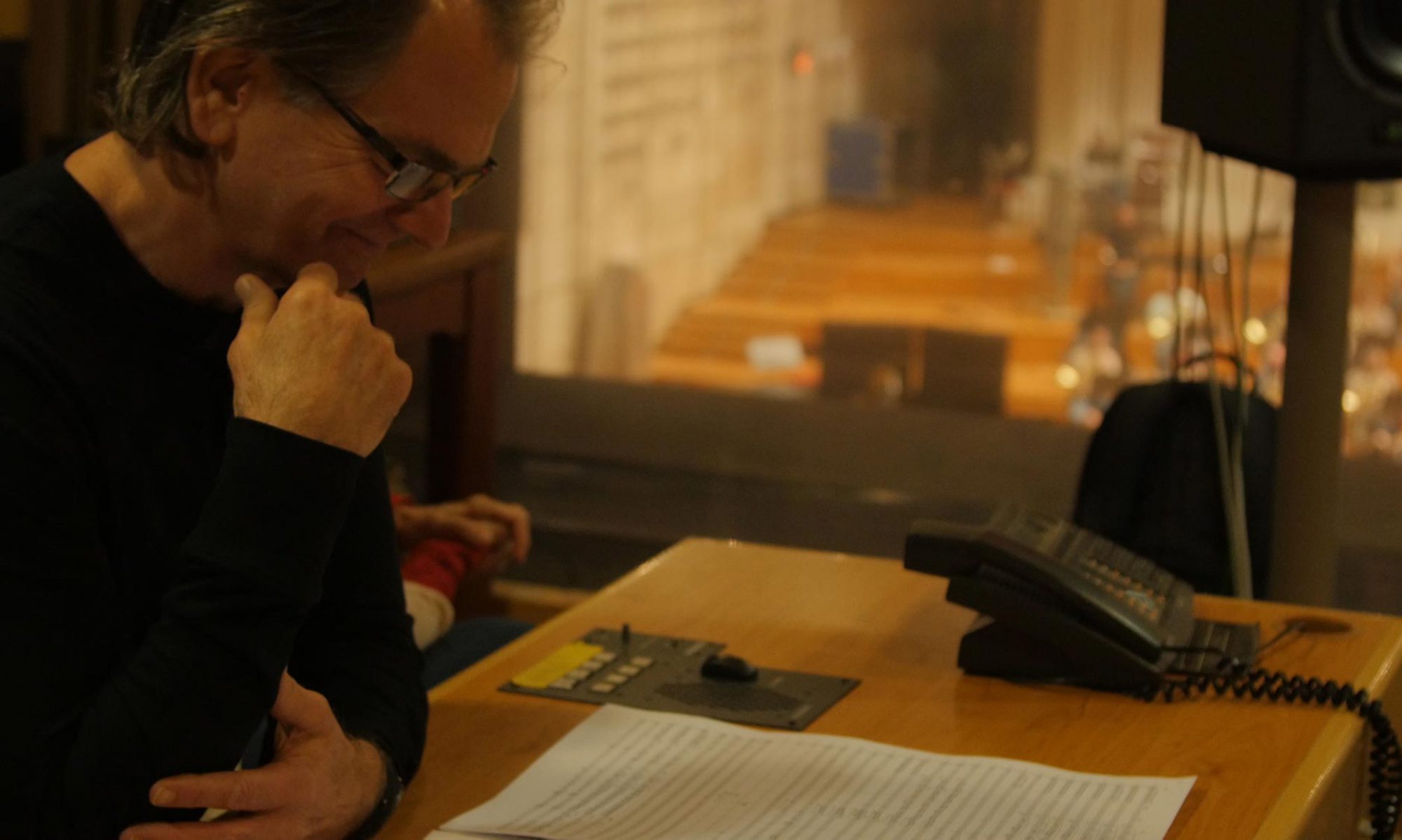I recently posted something on Facebook about the proliferation of film and TV music cues that were written in D minor. Not long ago I got to sit in on a film music recording session in LA (not going to mention the film or the composer!) in which for the entire afternoon every cue I heard was in D minor. I mentioned that to a friend of mine who was playing in the studio orchestra and he just rolled his eyes.
Sometimes I go on Netflix and pick random TV episodes and it seems the wide majority of cues are indeed in either D minor (the winner overall) or A minor. I’m very curious as to why this phenomenon is developing. It could be that some very successful scores in those keys are being constantly mimicked (I won’t use the word “copied”) because of their use in “temp” scores and directors don’t want composers to stray too far from successful formulae. I would hate to think it’s because film and TV composers aren’t well versed in keys that involve a few flats and sharps (black keys).
What I’ve discovered, and I first noticed this as a trumpet player in high school, is that every key has it’s own phycological impact. In my first All State Band rehearsal as a freshman, we performed a transcription for wind ensemble of Elsa’s Procession to the Cathedral from Lohengrin by Richard Wagner. The piece begins in Eb major, modulates to E major (putting us Bb trumpets in 6 flats!) then returns to Eb for the grand finale. I remember TO THIS DAY the feeling of those modulations, as starkly as if someone asked me where I was when a momentous event occurred. The emotional impact was so powerful I felt like the color of my surroundings changed.
Even though I did not start composing music seriously for many years after that, that impact has embedded in me the power that each key, and the changing thereof, has in a musical composition. Obviously, in music for picture one must compose what’s best for the scene or scenes, or the project as a whole. But I think if composers start to “experiment” with other keys besides the familiar ones we’d all be better off. Even if a listener is not musically trained I’m sure the difference would be quite powerful!
Composers! Try going down only a half step next time to C# minor. It worked for Beethoven in his Moonlight Sonata, which remains one of the most recognizable classical pieces of all time!
More next time!
